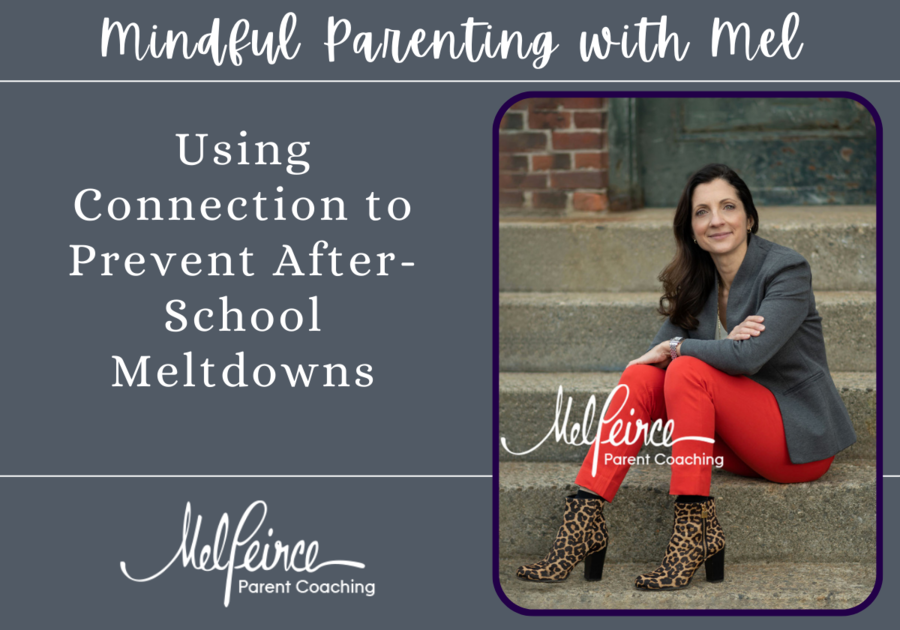Do you have a child that is an angel at school but turns into a hot mess as soon as they walk in the door at the end of the day? If this sounds familiar, it’s because it’s so common that it actually has a name — after-school restraint collapse — as coined by parent educator Andrea Loewen Nair.
This is an issue that I often run into with the parents I work with. Kids that struggle with BIG feelings generally have to work harder to keep it together in school, so their self-control bucket is completely empty by the time they get home making them more prone to after-school meltdowns.
In my last article, I explained that kids are faced with all sorts of challenges, disappointments, and expectations all day in school, and they have to manage to hold it together on their own. It’s exhausting to maintain focus and self-control all day, and they have to navigate through it all by themselves. All of those emotions get bottled up, and they let it all out when they get back home where they feel safe.
After school-restraint collapse happens as a result of both exhaustion and because parents are a source of safety and connection for our kids. Our kids rely on us to help them co-regulate and calm their nervous systems because theirs aren’t fully developed yet, and we aren’t with them at school. They’re relieved to see us when they get home, but there can also be a backlash of emotions because we weren’t there for them throughout the day.
As a parent you can’t control the exhaustion your child will experience, but you can use connection strategies to help them feel supported both before and throughout the day to help prevent after-school meltdowns.
Start by filling their connection bucket before they go to school. For most families, mornings are rushed with making sure everyone is dressed, fed, lunches and snacks prepared, and bags packed to go out the door. That said, consider setting your alarm for just 5 or 10 minutes earlier and use that extra time to snuggle or read a book before your child gets out of bed.
Help them feel your presence throughout the day at school by sending a note in their lunch or snack pack, or by getting a picture of the two of you together laminated that they can keep in their backpack.
Fill up their pockets with kisses, and tell them they can pull one out whenever they need it.
Finally, give them a tight hug where you are chest to chest and get them to take a deep breath with you. As you are breathing out tell them that you are filling up their heart with love. Explain that they can take a deep breath and put their hand on their heart whenever they want to feel your love throughout the day. The practice of deep breaths with their hand on their heart helps calm their nervous system both before they leave you, and when they’re anxious and feeling like they need you throughout the day.
If you have a child that is prone to meltdowns after school, I encourage you to give these strategies a try — but don’t be disappointed if they still occasionally collapse after school.
If the meltdown still happens, it likely needs to. Kids can have lots of emotions after a full day at school, and we don’t want them to keep them all bottled up inside. Meltdowns are one way that kids can get their emotions out.
If you want more strategies on how to handle meltdowns after school, in September we are doing a deep dive into how to CONNECT more with our kids now that they’re back in school in the Confident Parenting Club. We’ll discuss why it’s so important, common parenting mistakes that make kids distant and disconnected, how to handle after school meltdowns, and easy ways to connect more even when you’re pressed for time. Click here to learn more about the CPC and make this the best year yet!



